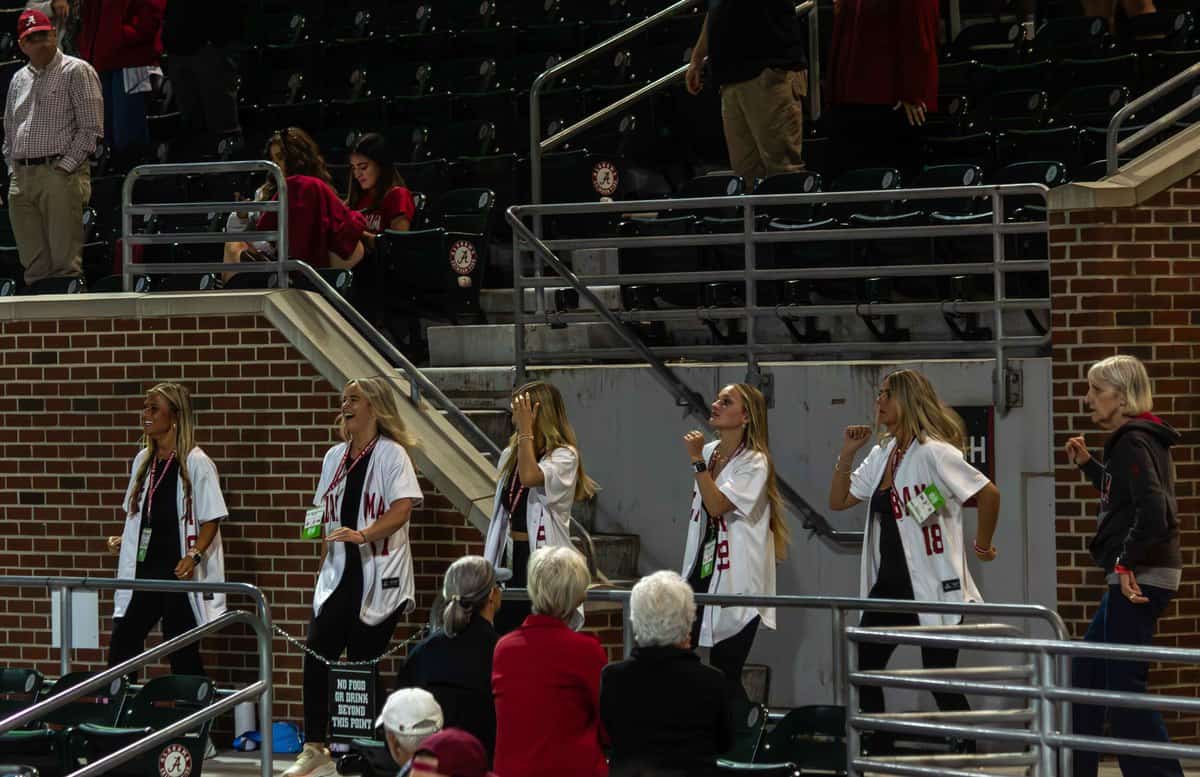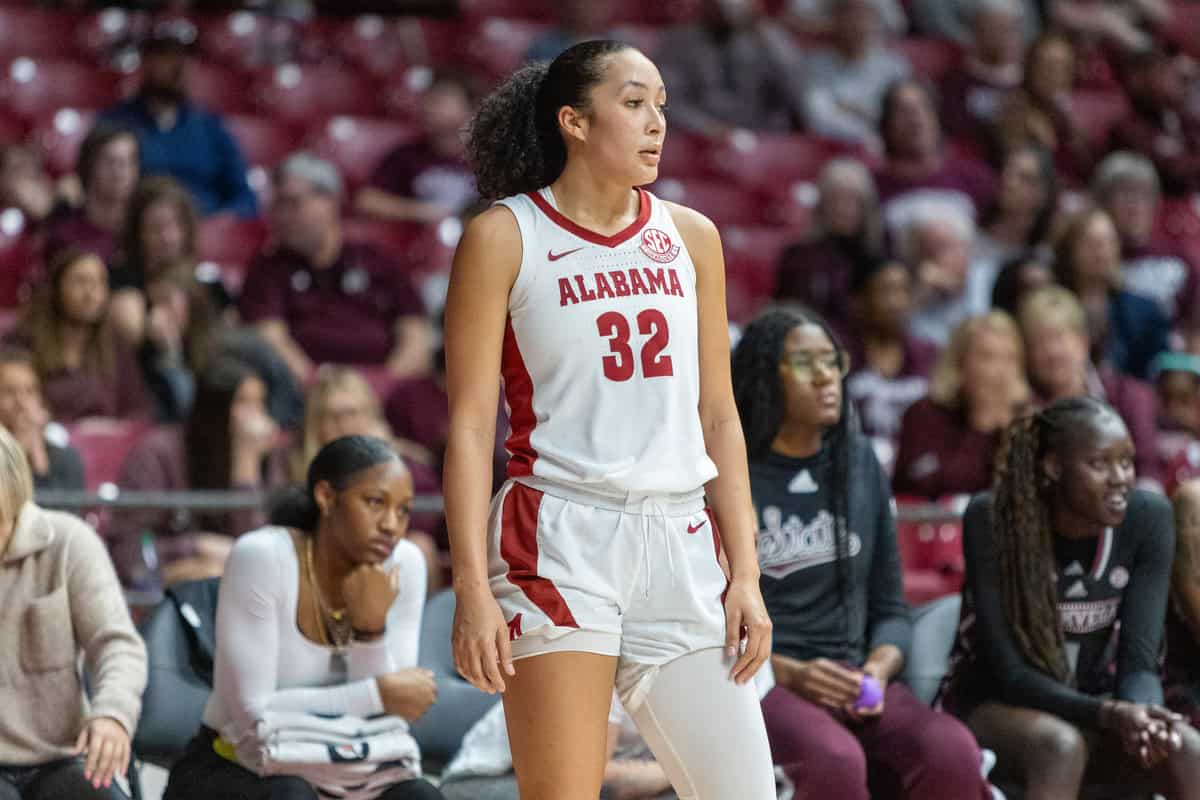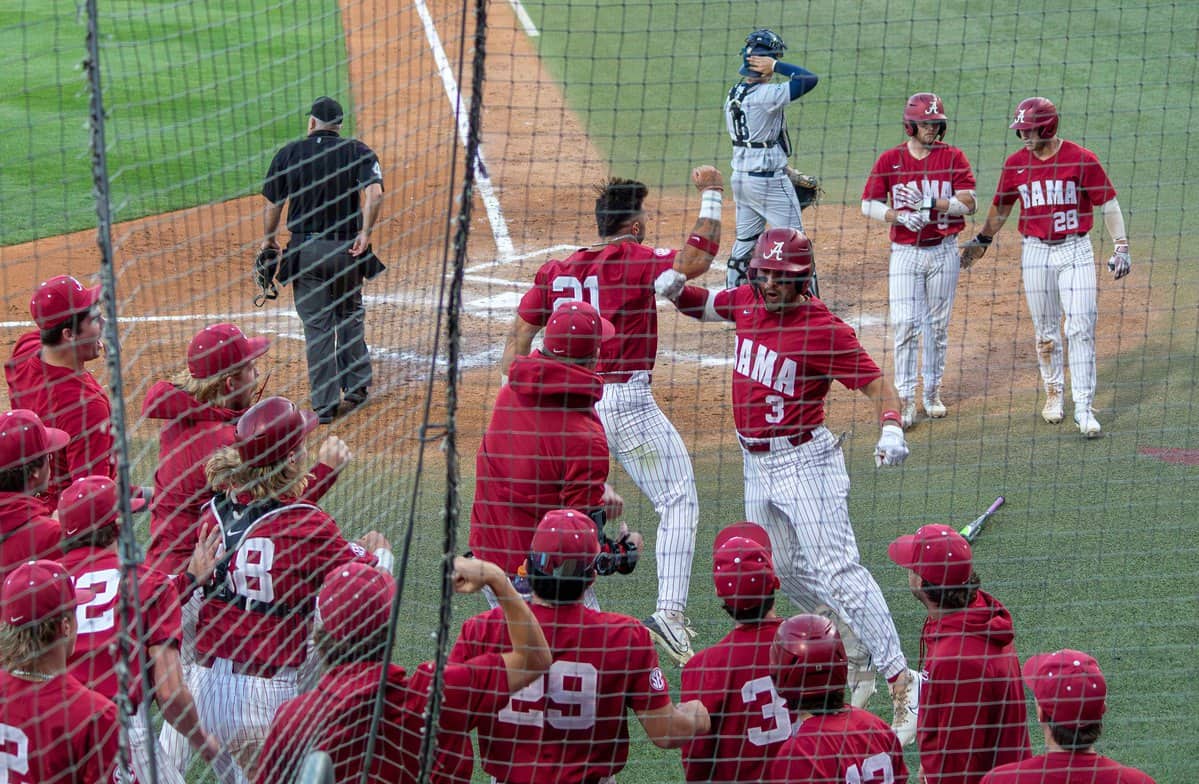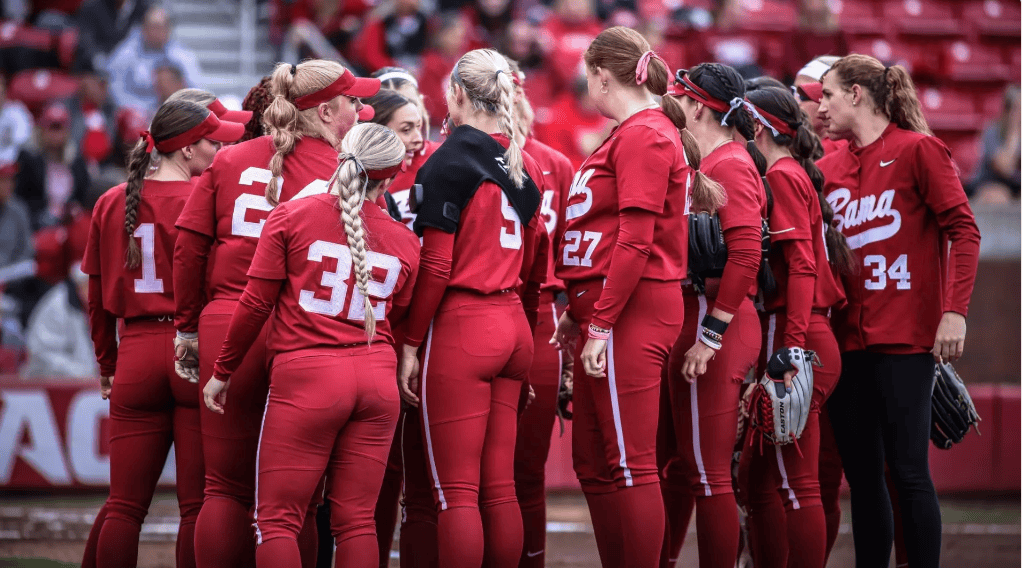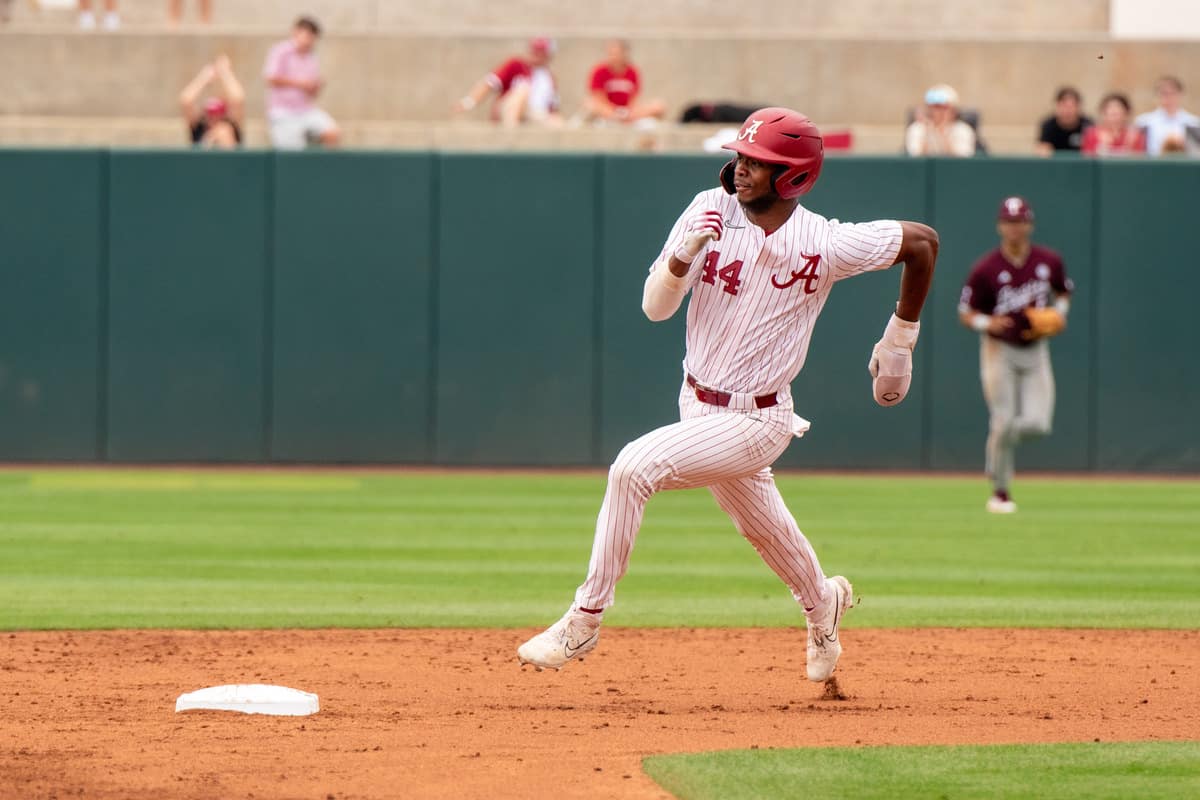The recent controversy between Tampa Bay quarterback Josh Freeman and pretty much everyone else in the organization has generously been framed by Freeman and his agent as the franchise effectively trampling on the poor quarterback’s feelings and emotions. Freeman’s party has reiterated the point that he was “forced” to watch the last game from a skybox and that his privacy was violated when it was reported he was a Stage 1 patient of the NFL’s substance abuse program.
What has been largely ignored, and what the Buccaneers organization has frankly been too courteous to admit, is the real reason it’s gone this far. The genesis of Freeman’s current predicament began in 2011, when the quality of his quarterback play digressed tremendously.
After the 2010 season, Freeman’s second season in the league and his highest-rated season to date, many figured the former Kansas State Wildcat would take a significant leap and carry his team to the playoffs. Tampa Bay ended up finishing 4-12, last in the NFC South. Third-year head coach Raheem Morris was also given the pink slip.
Though it doesn’t help that the Buccaneers had the NFL’s worst defense that year, it also didn’t help that Freeman threw a career high of 22 interceptions that season. Perhaps a new coaching regime would rejuvenate his career.
Greg Schiano took over in 2012 and brought many positives to the team. The team finished with the best rushing defense in the league and set several franchise records, including passing yards and touchdowns in a season. However, the team earned a losing record and missed out on the playoffs again.
On several occasions, a costly Freeman interception put the opposing team in position to win close games. With his 17 picks on the year, he became the antithesis of Mr. Clutch.
The 2013 draft rolled around, and the writing seemed to be on the wall with the Buccaneers’ third-round selection, North Carolina State signal caller Mike Glennon, the next quarterback taken after E.J. Manuel and Geno Smith. Smith and Manuel are now starters.
Glennon received extensive playing time in the 2013 preseason and certainly passed the eye test with his smart decision making and gutsy throws.
For Freeman, that meant it was time to put up or shut up. In three games as a starter, he definitely has not put up, gaining a completion percentage of 45.7. Oh, and the Buccaneers haven’t won a game yet.
Even before the recent drug allegations, which Freeman insists are related to his ADHD, he made it public he wanted to be traded or released from the franchise. That just isn’t NFL protocol. NBA, sure. But not NFL.
It isn’t surprising, then, that Schiano and the Buccaneers wanted to distance themselves from someone who hasn’t contributed much on the field or off it and started a guy who they can at least presume cares about winning in Glennon. Though Glennon lost his first start against the Arizona Cardinals, at least they didn’t have the Freeman circus to contend with.
Whether or not Freeman has a legitimate drug problem, it’s clear the Buccaneers are using that situation as an excuse to drag him down. Regardless of if that’s an appropriate way to handle that, Freeman could have saved himself from certain doom if he first cleaned up his play on the field. Everything else usually follows suit in those instances.

